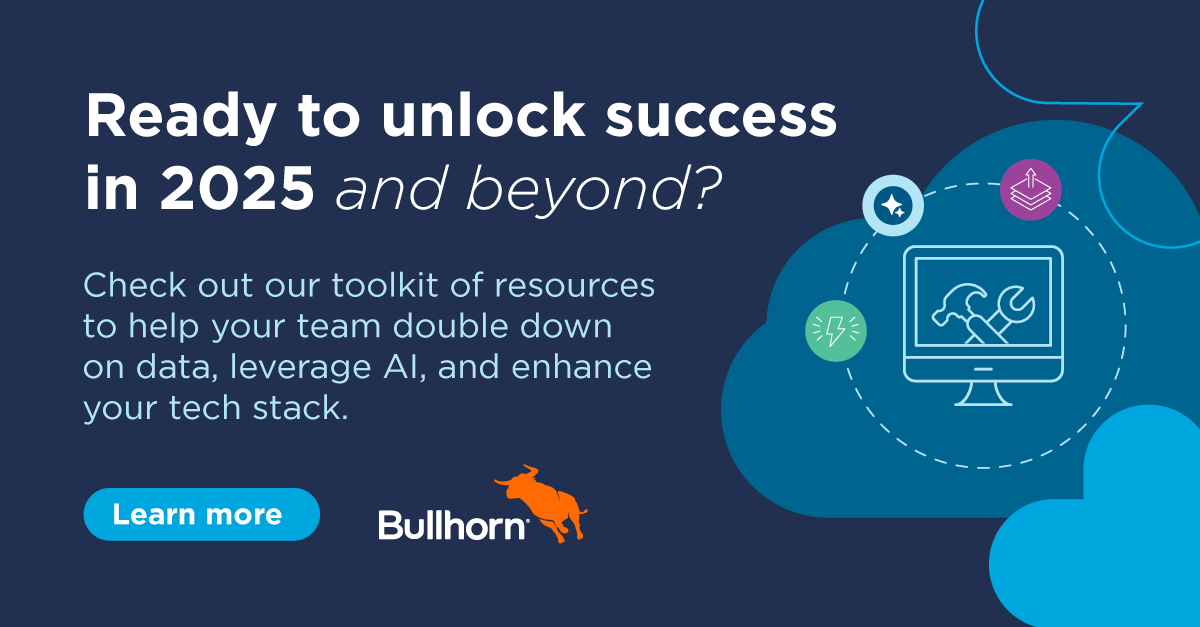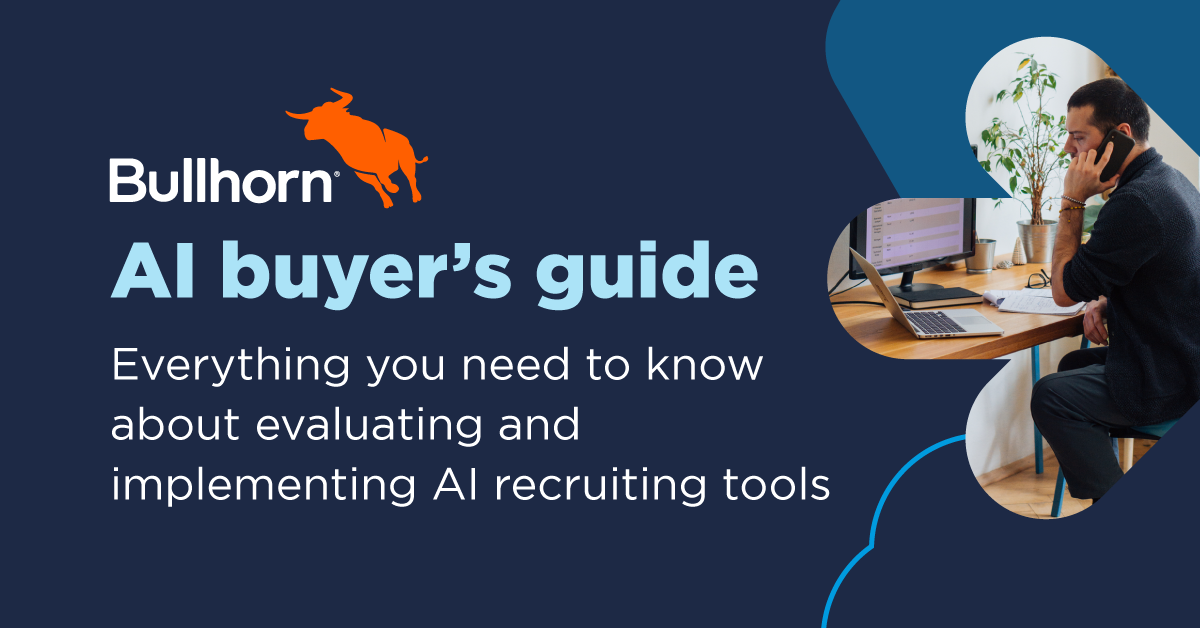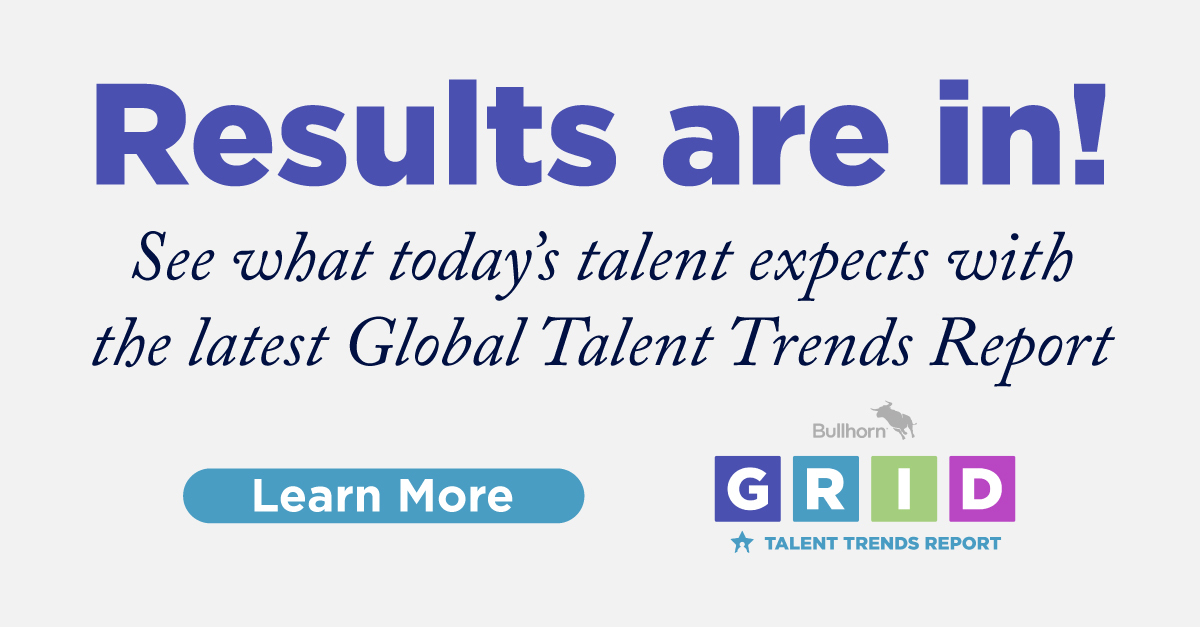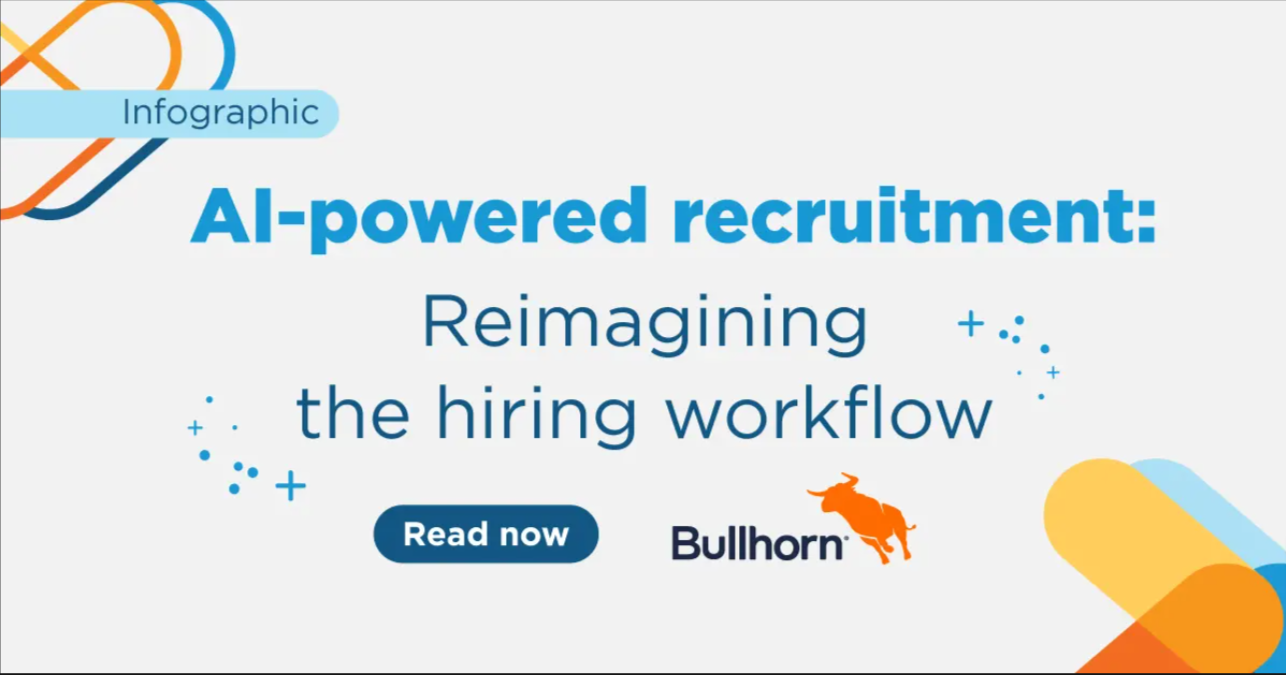How can you keep up? Take time to understand what talent expects from recruiters and how you can impact their job search at every step of the talent lifecycle. Then, combine those learnings with technology and industry best practices to see true transformation in your candidate engagement strategy.
Bullhorn surveyed 2,000+ global temp workers on their experiences working with staffing and recruitment firms in 2022 to produce this year’s GRID Talent Trends Report, uncovering how agencies can meet candidates where they are. Here’s what we learned – and how to apply it to your own interactions with candidates.
Attracting talent
report that access to their desired jobs is the number one reason they chose their recruitment agency
have given up on a job/assignment because the process took too long
cite poor communication as the primary reason for a bad experience
What this means for recruiters
Don’t miss out on initial candidate outreach. Consider the experience from the candidate’s perspective to ensure the application process is as seamless as possible. Utilize automation to streamline the engagement process during this crucial step, and watch as your team sees a higher engagement rate after application. From there, develop a strategic plan and best practices around attracting new candidates, including optimizing your website with SEO and traffic in mind.
Engaging candidates
say their recruiter did not reach out enough during their job search
want the human touch during the job search process
prefer email outreach over any other communication method
What this means for recruiters
Talent want recruiters to be proactive (and frequent) with opportunity outreach and prefer email almost twice as much as the next communication option. Meet candidates where they are and engage with them at a frequency that will make them want to work with you again. Place a high importance on clean data to further assist in your job match process, ensuring you match the right candidates to the right roles at the right time.
Onboarding new hires
had issues with a manual onboarding process in their most recent assignment
felt the credentialing and licensure process was difficult to navigate
more likely to report issues with their recruitment firm if they did not receive proper training for the role, compared with those who were sufficiently prepared
What this means for recruiters
Onboarding problems were among the most common negative experiences faced by talent and the most impactful, increasing likelihood that a worker would rule out future redeployment with your firm. Don’t let candidates slip through the cracks, and implement technology and strategies to expedite the onboarding process, whether that’s a self-service platform for document management or automated outreach to ensure they are prepared for their first day.
Nurturing and redeploying workers
say responsiveness sharply declined once their assignment began
say their recruiter didn’t reach out about future opportunities before their assignment end date
would work with their most recent agency again
What this means for recruiters
Poor responsiveness on assignment is one of the most frequently cited challenges by talent. Talent who report responsive recruiters that meet their communication preferences are twice as likely to work with a firm in the future. Increase your chances of redeploying workers by consistently communicating with them throughout their assignment (on their preferred channels, of course). Make sure you’re using clean data and automation to alert you when that worker is ready for a new role.
* All data is from the latest Bullhorn GRID Talent Trends Report.
Related Resources
Ready to get started with the Connected Recruiting strategy?
Check out our introductory guide that will show you how to build a scalable and engaged talent community using Connected Recruiting best practices.






